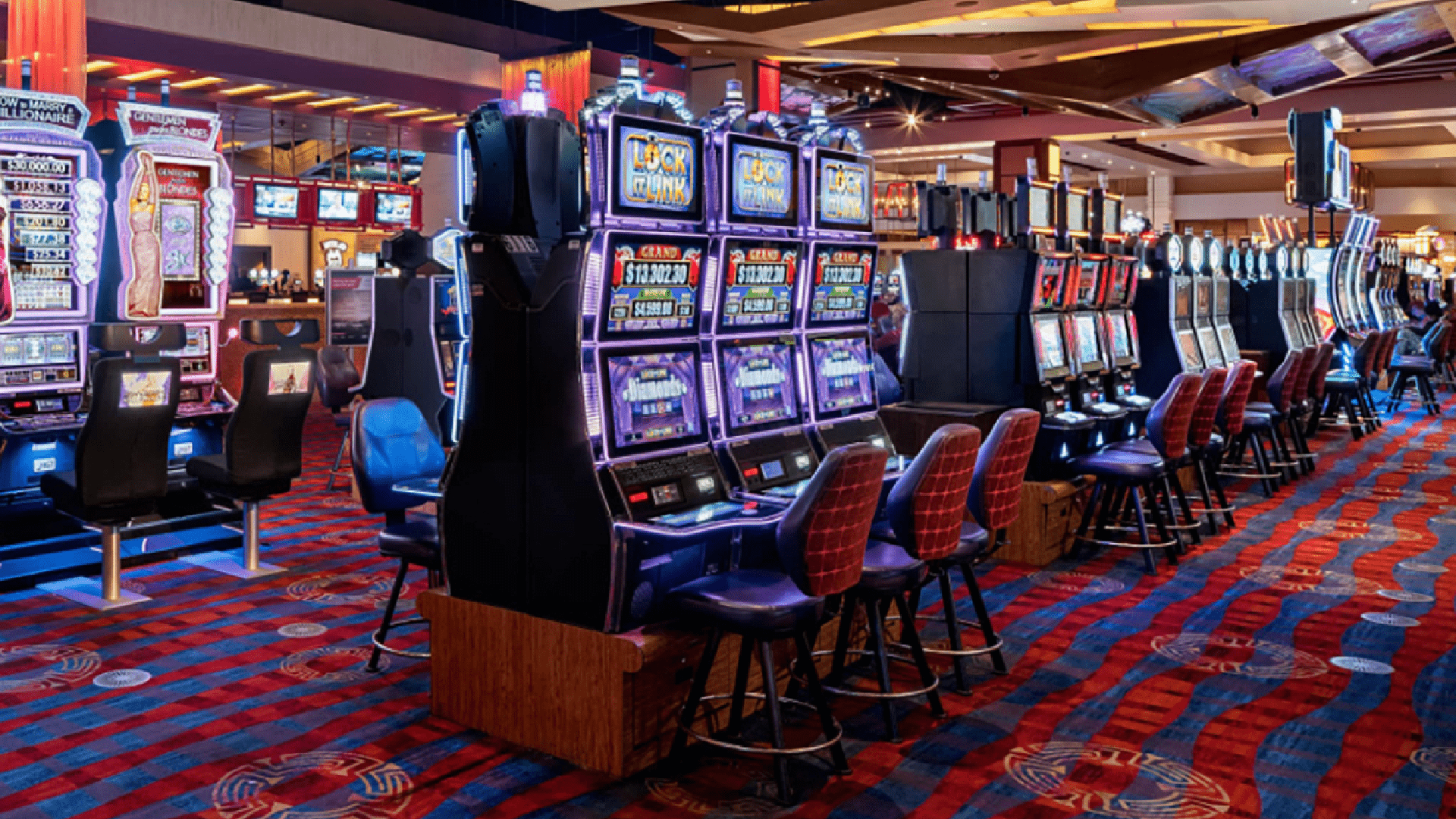Pennsylvania Skill Game Developer Says Terminals Don’t Compete With Casino Slots
The firm responsible for Pennsylvania Skill games, the slot-style devices that take up considerable space in eateries, taverns, convenience shops, gas stations, retail centers, and supermarkets, asserts that its gaming machines do not directly rival casino slot machines.
The state’s commercial gaming sector, which includes 17 physical casinos, iGaming, both retail and online sports wagering, fantasy sports, and video gaming terminals, announced its highest May to date with gross gaming revenue (GGR) approaching $521 million. Pace-O-Matic (POM), the software firm from Georgia that created the operating system for the Pennsylvania Skill games, released a statement praising the casinos for their memorable May and endorsing its games.
"These numbers show that there is room in the state for both casinos and small businesses that operate skill games to be successful. There is no competition between the two,” declared Mike Barley, a POM spokesperson.
The Pennsylvania Supreme Court will soon examine the legality of skill games. State Attorney General Michelle Henry is contesting lower court decisions that assert the games incorporate skill elements, thus preventing them from being designated as illegal gambling devices according to the state’s Gaming Act.
Casino Sector Disputes
Barley’s claim that skill games do not vie for the same players is certainly not a view held by the casinos.
Last week, representatives from Parx, the wealthiest casino in the state, stated that they would not proceed with constructing a $100 million hotel until the legal issues concerning skill games are resolved. In the meantime, Parx is purchasing a nearby smaller hotel to provide guests with onsite accommodation.
Barley claims the casinos are just being greedy.
"Sadly, $521 million a month is not enough to satisfy the greedy casino industry,” Barley stated. “Instead, they want to kill small businesses, American Legions, volunteer fire companies, Moose Lodges, and other places that count on income from skill games.”
Skill games remain unregulated and untaxed; however, POM and other advocates of skill gaming have urged state legislators to enact laws that establish a regulatory framework for the machines. The income is presently divided among the host company, game developer, producer, and route distributor.
Legislation remains stalled in the Harrisburg capital due to the legal dispute surrounding skill gaming, which suggested imposing a 16% tax on the gross revenue of skill games. Governor Josh Shapiro (D) has proposed a significantly elevated rate of 42%.
Barley emphasizes that a minimal tax is essential for enabling the machines to keep offering valuable financial support to small businesses that have contributed to alleviating inflation.
“These locations could never afford to pay the same tax rate that wealthy casinos pay. Casinos know that but they simply don’t care,” Barley said.
Legality of Skill Games
In late November, Pennsylvania’s Commonwealth Court unanimously affirmed a lower court’s decision that determined skill games do not qualify as gambling games. The court stated that luck has to be the main element in determining a game's result instead of skill for it to qualify as a gambling activity.
"Simply because a machine involves a large element of chance … is insufficient to find the machine to be a gambling device,” Dauphin County Judge Andrew Dowling wrote.
Henry is opposing the decision and requesting the state Supreme Court to reassess and categorize skill games as unlawful gambling devices.
